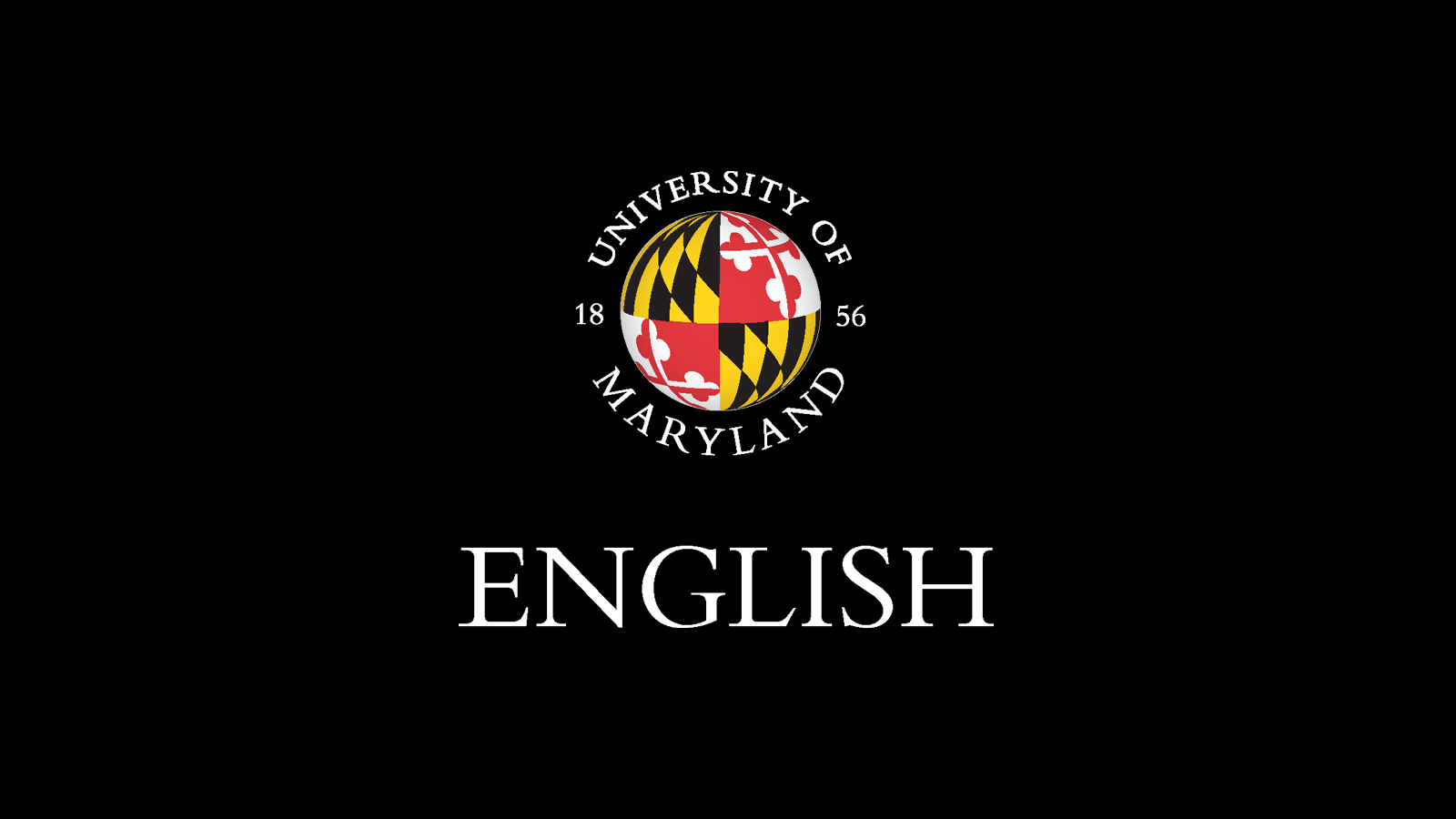Distinguished University Professor Matthew Kirschenbaum on the Importance of the Humanities
September 14, 2023

Kirschenbaum was honored at the University of Maryland's 40th Annual Faculty and Staff Convocation on Sept. 13, where he delivered a speech on the significance of the humanities. Read his remarks here.
l am a Distinguished University Professor, but I feel a little out of step with my other very distinguished colleagues here today. I am not a scientist or an engineer or a social scientist. I am a humanist, and more specifically an English professor. I read books for a living. Believe me, when they ask if there's a doctor on board I am the last person you want to come running.
The joke conceals a deeper truth. What humanists, what English professors do is not always easily packaged. We don't fix things or cure things, at least not in any obvious or measurable way. Here at UMD, the English major is a third of the size it was when I started teaching in 2001. Elsewhere around the country it's worse. Some schools—including the flagship public university in a neighboring state—are shuttering entire programs and departments in the humanities. That hasn't happened here, and I intend to fight to make sure it doesn't. A UMD without languages and literature, without history and philosophy, without women's studies and American studies and Black studies and LGBTQ+ studies is not a UMD I could be proud to be a part of anymore.
We hear the humanities are irrelevant, that they're obsolete, that they're not a good return on investment. But it's funny. Because people sure seem to have strong feelings about what I and my colleagues teach and research. Some who are in state houses or out on campaign trails even propose to make those decisions for us. Fights over banning books, over how individuals express their identities, over our history and how it should be taught—these are the flash points for the culture wars that are tearing our country apart. Just last week a sitting US Senator publicly reprimanded the Secretary of the Navy for allowing poetry on aircraft carriers.
My message today is this. When we talk about history (including statues and textbooks) we're talking about the humanities. When we talk about who gets to read what stories while sitting in a public library, we're talking about the humanities. When we're talking about rights and justice and equality we're talking about things much bigger than the academic humanities, but we couldn't have those conversations without the humanities, without its archives and expertise. Maybe that's why some are only too eager to see our departments and programs starved of oxygen, cloaking their agendas in bromides about workforce training and fiscal responsibility.
But the humanities are not a luxury or a frill, and they do not belong just to institutions with more ivy on their walls than this one, or to students with the means and the leisure to forego supposedly more sensible pursuits. A university such as ours must be fearless enough to support and sustain the fullest possible range of human expression and humane learning. So I appeal to my distinguished scientist and engineer colleagues too: In an era of bottom-line thinking and artificial intelligence, the arguments for divesting of the humanities today will be the arguments for privatizing and virtualizing much else tomorrow. Thank you.
—Matthew Kirschenbaum, delivered Sept. 13, 2023

